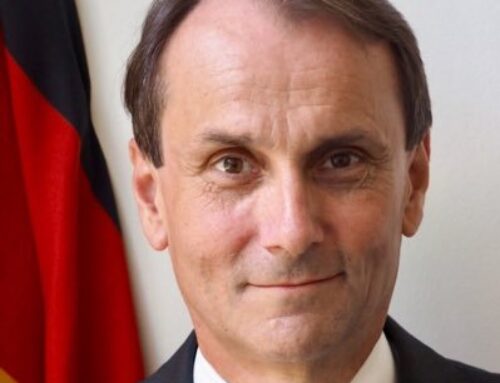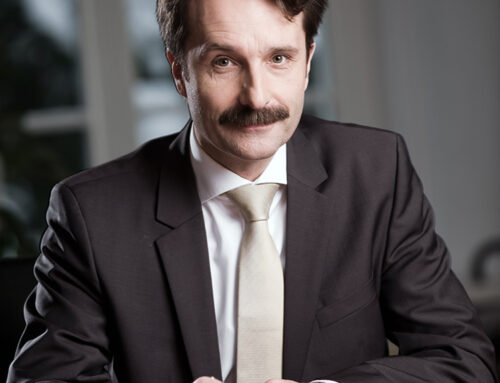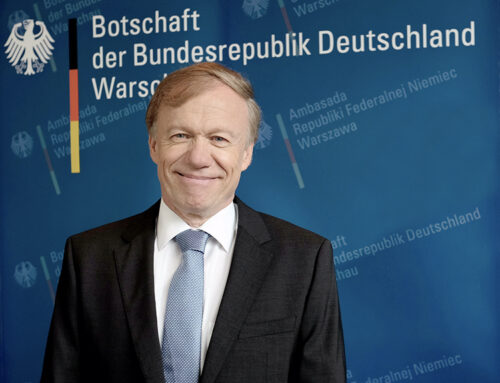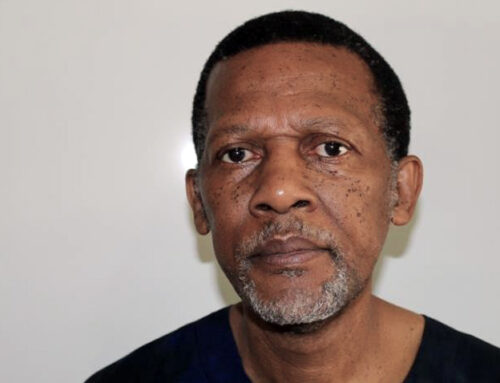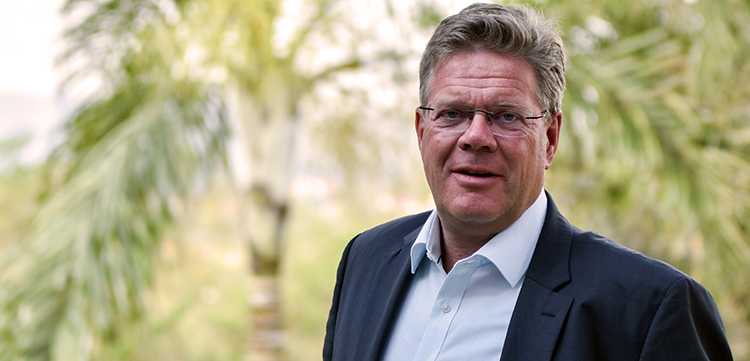
Establishing diplomatic relations with the newly founded Republic of Rwanda in 1963, Germany earned appreciation for being one of the first countries that committed itself to humanitarian aid and development cooperation after the genocide and civil war of 1994. Peter Woeste, German Ambassador, discusses the positive political and economic collaboration and Rwanda’s investment potential.
European Times: How would you describe the bilateral relations between Rwanda and Germany?
Peter Woeste: Our two countries share a short period of history during the colonial times and I am very impressed how vivid and positive the memory of these years still is with many citizens of Rwanda even today. Even more impressive are my meetings with numerous people having personal memories of living in Germany, be it during times of exile or from their academic training at German universities. The “Jumelage” between our Federal State of Rhineland-Palatinate and Rwanda is a unique example of excellent bilateral relations. Germany is rightfully considered as a partner with no hidden agenda.
European Times: Which German institutions are present in Rwanda and what are the major sectors for cooperation?
Peter Woeste: The German Agency for International Cooperation (GIZ) is most prominently active in the knowledge transfer on behalf of the German government. The responsibility for financial cooperation lies with the German Development Bank, which undertakes tasks and functions in the area of economic policy and which, since the 1960s, provides grants, loans and subsidies for developing countries in the name of and on behalf of the German government.
Rwanda is one of the focal countries of our development cooperation. The main focus of technical and financial cooperation is determined through bilateral governmental negotiations. So far, Germany has pledged €800 million of bilateral support, mainly in two focal areas of cooperation: decentralization & good governance and sustainable economic development. We are also particularly proud to be Rwanda’s preferred partner for vocational training programs aimed at assisting the employment of young people. Additionally, we are witnessing knowledge transfer on a day-to-day basis in the private sector as well. For example, the technical support and maintenance of RwandAir’s fleet is provided by Lufthansa and Volkswagen will soon start a business operation in Kigali, which are some examples of knowledge transfer on a day-to-day basis in the private sector.
European Times: What are the main challenges Rwanda is facing in its efforts to attract FDI?
Peter Woeste: The private sector is important for Rwanda’s economic environment and there are still some weaknesses. The government, which is focused on resolving these issues and moving the country forward, must establish a framework which is conducive to business, while neither the government nor government affiliated institutions should engage in these sectors themselves as this would disturb the competitive environment. The rule of law and the reliability of government decisions are probably some of the most important elements to attract investors. Currently, the amount of German investments and trade with Rwanda has a lot of potential for improvement, but I am optimistic that these numbers will rise exponentially in the near future, as many German investors are showing increasing interest in exploring the potential of East Africa.
European Times: Why should investors come to Rwanda?
Peter Woeste: Now it is a good time to invest in Rwanda. The country offers an interesting business environment. It is still a hidden jewel, and risk and return of investment are in an attractive balance.

